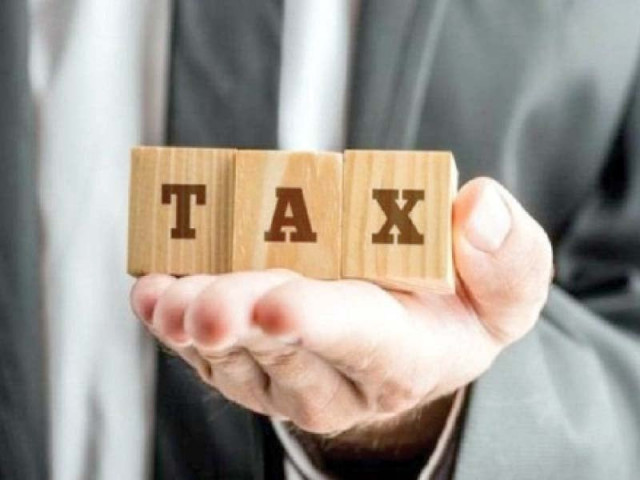Sales tax on luxury fuel in the offing
Govt aims to collect Rs9 billion in taxes annually

The imposition of sales tax on luxury fuel is on the cards while the government also considers increasing the rate of the petroleum levy with the imposition of 17% general sales tax (GST) in a bid to collect around Rs9 billion in taxes annually. This is in line with contingency measures to keep revenue collection on target, as agreed with the International Monetary Fund (IMF).
The Economic Coordination Committee (ECC) recently approved raising the petrol levy to Rs20 per litre on High Octane Blending Component (HOBC), turning down the proposal to impose 17% GST on fuel.
The government raised the petroleum levy to Rs50 per litre which will enable the collection ofRs160 million per month in revenue on HOBC. This is despite the fact that there was a proposal to impose GST on HOBC.
However, the economic decision-making body preferred raising the levy on HOBC as the revenue collected would go into the federal kitty. GST collections, however, have to be shared with the provinces; therefore, the federal government preferred raising the levy on HOBC to add more revenue into the federal coffers.
The ECC was informed that upon the imposition of 17% GST during the last eight months of the current fiscal year, the government will collect Rs6 billion in revenue.
The consumers of HOBC consume around 300 metric tonnes per day which amounts to a total consumption of 9,000 metric tonnes in a month.
The ECC held a discussion on imposing GST on luxury fuel and observed that it would be appropriate to enhance the petroleum levy to Rs50 per litre on petroleum products with effect from November 16, 2022. It added that the matter of increasing the sales tax should be considered at a later stage.
The Federal Board of Revenue (FBR) informed the ECC that the rates of sales tax on petroleum products had been reduced to zero percent with effect from February 15, 2022, through notification SRO 321(1)/2022, dated March 1, 2022, issued under clause (b) of sub-section (2) of Section 3 of the Sales Tax Act, 1990. The act also empowers the federal government to notify sales tax at a rate higher or lower than the standard rate of 17%.
The petroleum sector is one of the biggest contributors to revenue collection in the country and distortion in its tariff regime had put tremendous pressure on FBR’s efforts to achieve its revenue targets.
It was agreed with the IMF, in the 7th and 8th Review, that the government will trigger contingency measures to keep revenue collection on target. Accordingly, increasing the rate of GST on fuel as a prelude to reaching the standard rate of 17% was one such contingency measure.
In order to shield the general public from the inflationary impact of across-the-board increase in GST on all petroleum products, the Petroleum Division proposed that the sales tax rate may be enhanced from 0% to 17% on HOBC and RON 97 only, as both are considered luxury goods consumed by wealthy consumers for their vehicles. It is now being sold at a premium price of Rs256 per litre (HOBC) in contrast to super petrol which is being sold at Rs225 per litre.
The revenue impact of this proposal for the remaining part of the current financial year (8 months) will be an estimated addition of Rs6 billion.
Accordingly, the existing and proposed rates of sales tax on petroleum products were highlighted. FBR then requested the EÇC for its approval of its proposal titled the “Increase in rate of Sales Tax on HOBC” and decided to increase the levy from Rs30 to Rs50 per litre on RON 95 and above, with effect from November 16, 2022.
Published in The Express Tribune, November 13th, 2022.
Like Business on Facebook, follow @TribuneBiz on Twitter to stay informed and join in the conversation.



















COMMENTS
Comments are moderated and generally will be posted if they are on-topic and not abusive.
For more information, please see our Comments FAQ